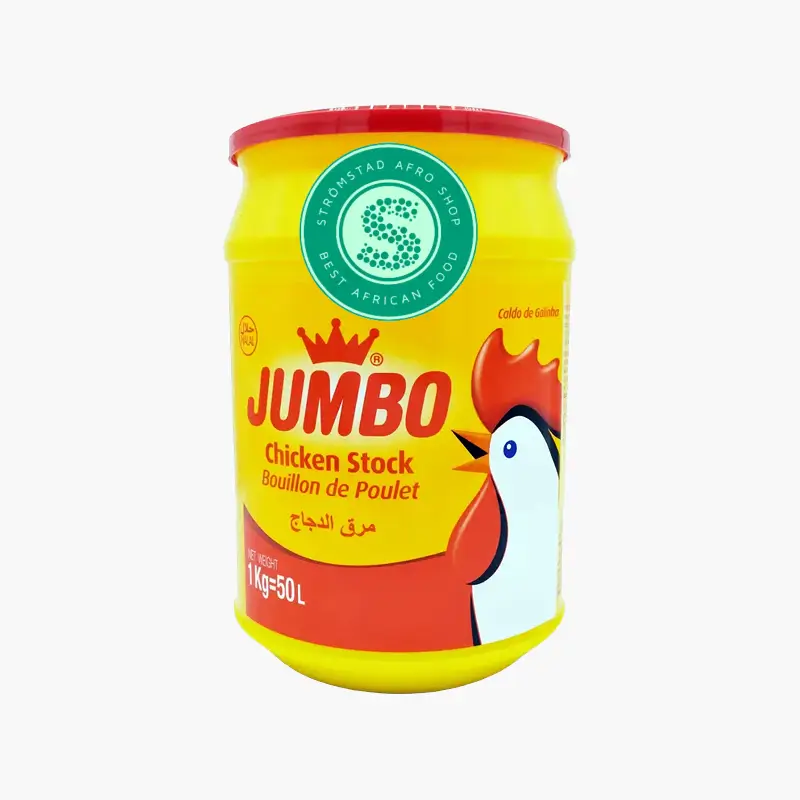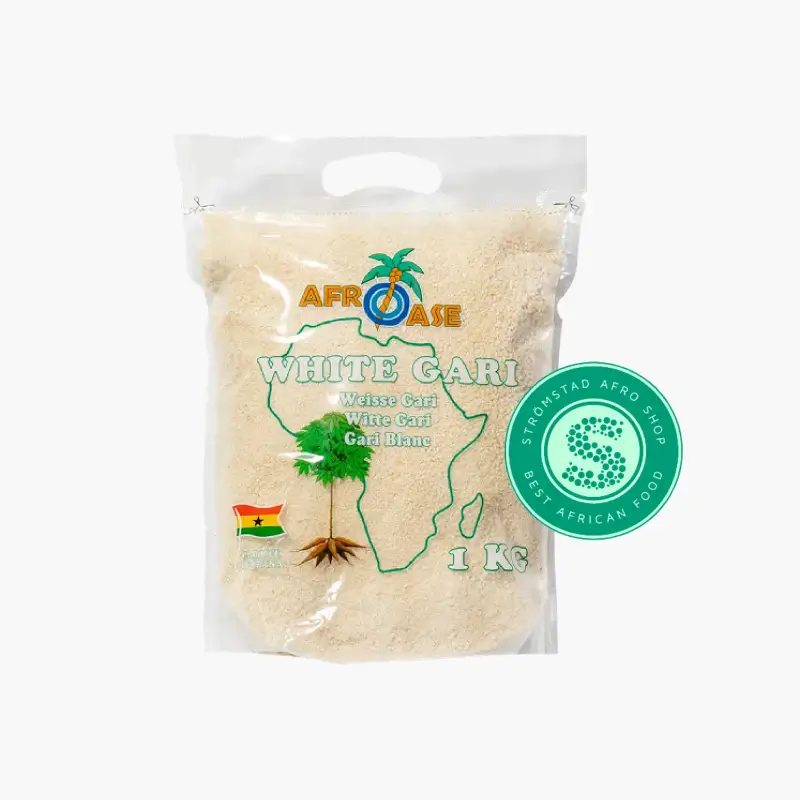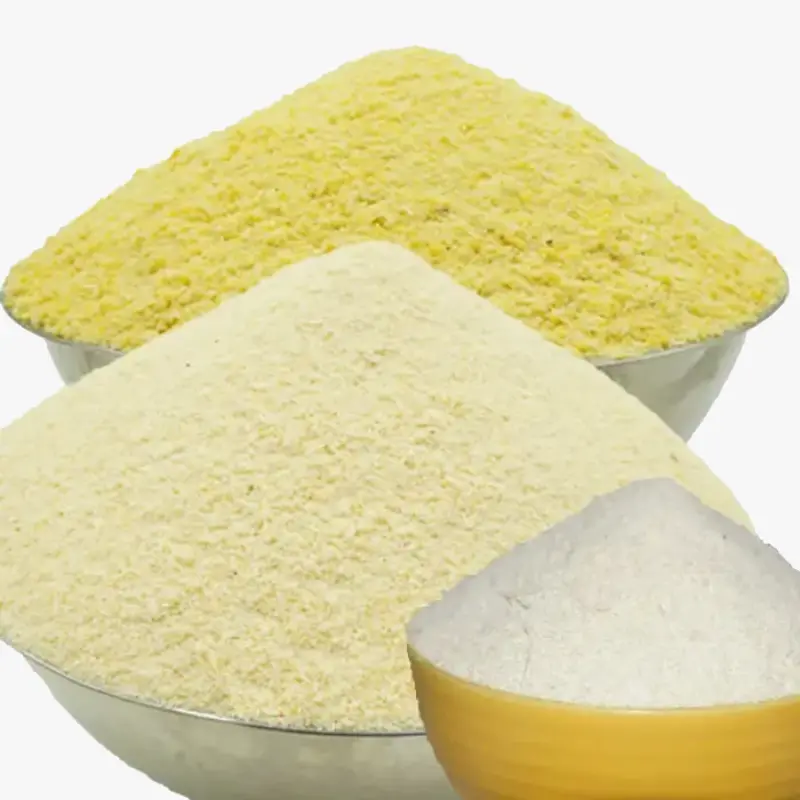The history of koobi is intertwined with the daily lives of many West African communities. In Ghana, for instance, salted tilapia is more than just a food item; it is a symbol of ingenuity and resilience. Before the advent of modern refrigeration, salting and drying were essential methods to ensure that fish could be stored for long periods, particularly in regions where the supply of fresh fish was inconsistent. This practice has been passed down through generations, retaining its importance even in contemporary times.
Koobi’s cultural significance is evident in its ubiquitous presence in Ghanaian cuisine. It is a key ingredient in various beloved dishes such as ‘kontomire stew’ and ‘fante fante,’ where its intense, savory flavor adds depth and richness. The unique taste of koobi is a result of the salting process, which not only preserves the fish but also concentrates its natural flavors, offering a burst of umami in every bite.
Beyond its culinary appeal, salted tilapia is also prized for its nutritional benefits. Koobi is an excellent source of protein, essential for muscle repair and growth. Additionally, it is rich in vital minerals such as calcium, which is crucial for bone health, and iron, which plays a significant role in oxygen transport within the body. These nutritional attributes make koobi a valuable addition to the diet, particularly in regions where access to diverse food sources may be limited.
In essence, salted tilapia (koobi) embodies the intersection of tradition, flavor, and nutrition. Its enduring presence in West African cuisine is a testament to its versatility and the ingenuity of the preservation methods developed by our ancestors. This introduction sets the stage for a deeper exploration of koobi, appreciating it not only as a food item but also as a cultural treasure.
Cooking with Salted Tilapia: Recipes and Techniques
Salted tilapia, commonly known as koobi, offers a unique and robust flavor that can elevate a wide array of dishes. To fully appreciate its culinary potential, it is crucial to understand the proper techniques for preparing and cooking this delicacy. Before incorporating koobi into any recipe, the fish must be rehydrated to reduce its salt content and soften its texture. Begin by soaking the salted tilapia in water for at least 24 hours, changing the water several times during this period. This process ensures that the fish is palatable and ready for various cooking methods.
One of the most traditional ways to enjoy koobi is in a hearty soup or stew. A popular recipe is the Ghanaian tilapia stew, which features a rich tomato base enhanced with aromatic spices such as garlic, ginger, and chili peppers. Begin by sautéing onions and garlic in oil until fragrant. Add chopped tomatoes, tomato paste, and your choice of spices, allowing the mixture to simmer. Incorporate the rehydrated koobi, along with vegetables like okra or spinach, and continue to cook until the flavors meld together. This savory stew pairs perfectly with steamed rice or fufu, offering a comforting and satisfying meal.
For a contemporary twist, consider grilling koobi to create a smoky and flavorful dish. After thoroughly rinsing the rehydrated fish, marinate it with a blend of lemon juice, olive oil, crushed garlic, and a touch of paprika. Allow the fish to absorb the marinade for at least an hour. Grill the tilapia over medium heat until it is crispy on the outside and tender on the inside, typically around 10-15 minutes per side. Serve the grilled koobi with a fresh salad or roasted vegetables for a balanced and nutritious meal.
To further enhance the savory profile of koobi, complementary ingredients and spices play a pivotal role. Ingredients such as tomatoes, onions, and bell peppers provide a sweet counterbalance to the saltiness of the fish. Additionally, spices like cumin, coriander, and thyme can add depth and complexity to your dishes. Experimenting with these pairings will allow you to create a diverse range of recipes that showcase the versatility of salted tilapia.
By mastering these cooking techniques and exploring various recipes, readers can confidently incorporate koobi into their culinary repertoire, transforming simple meals into gourmet experiences.









Reviews
There are no reviews yet.